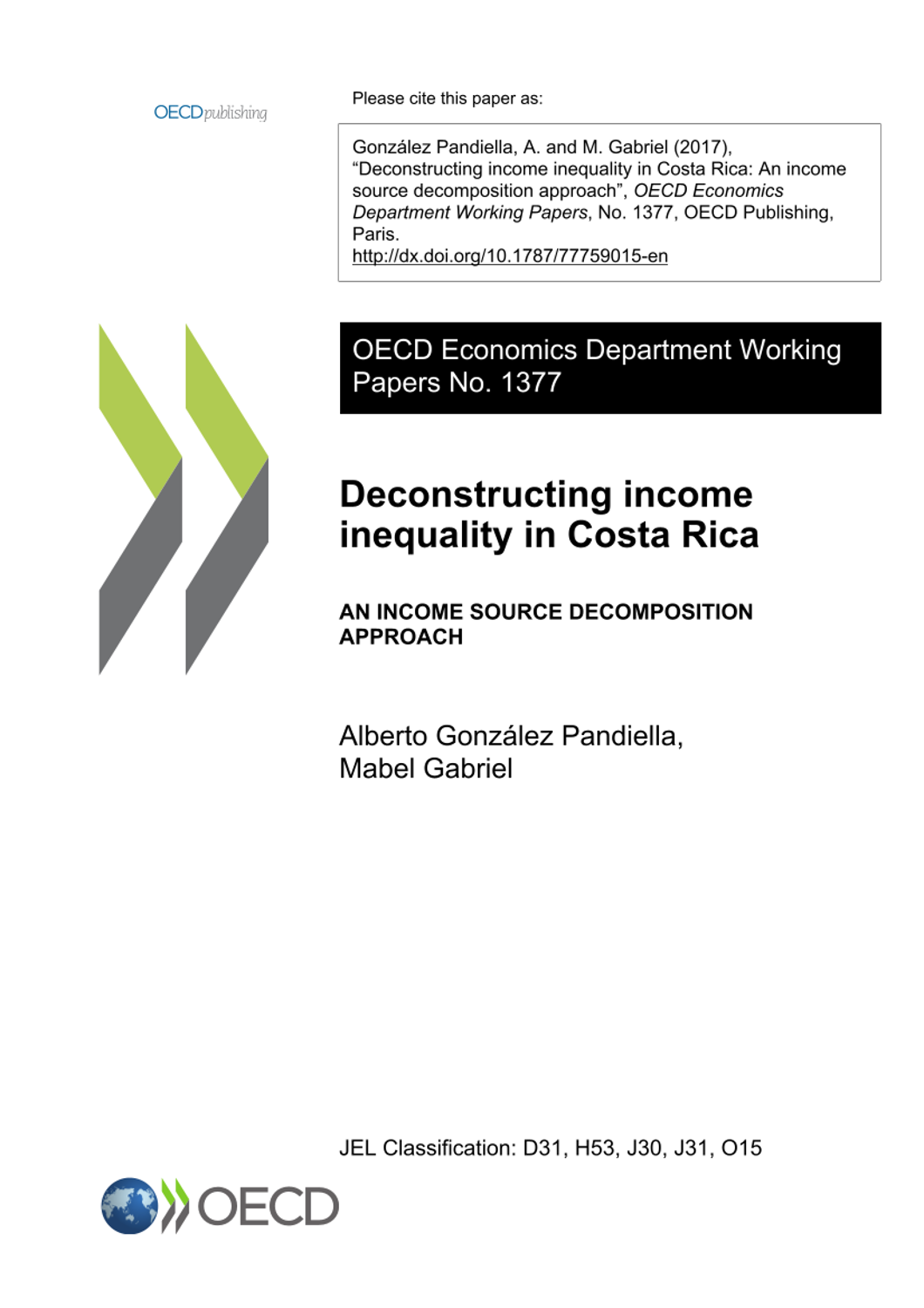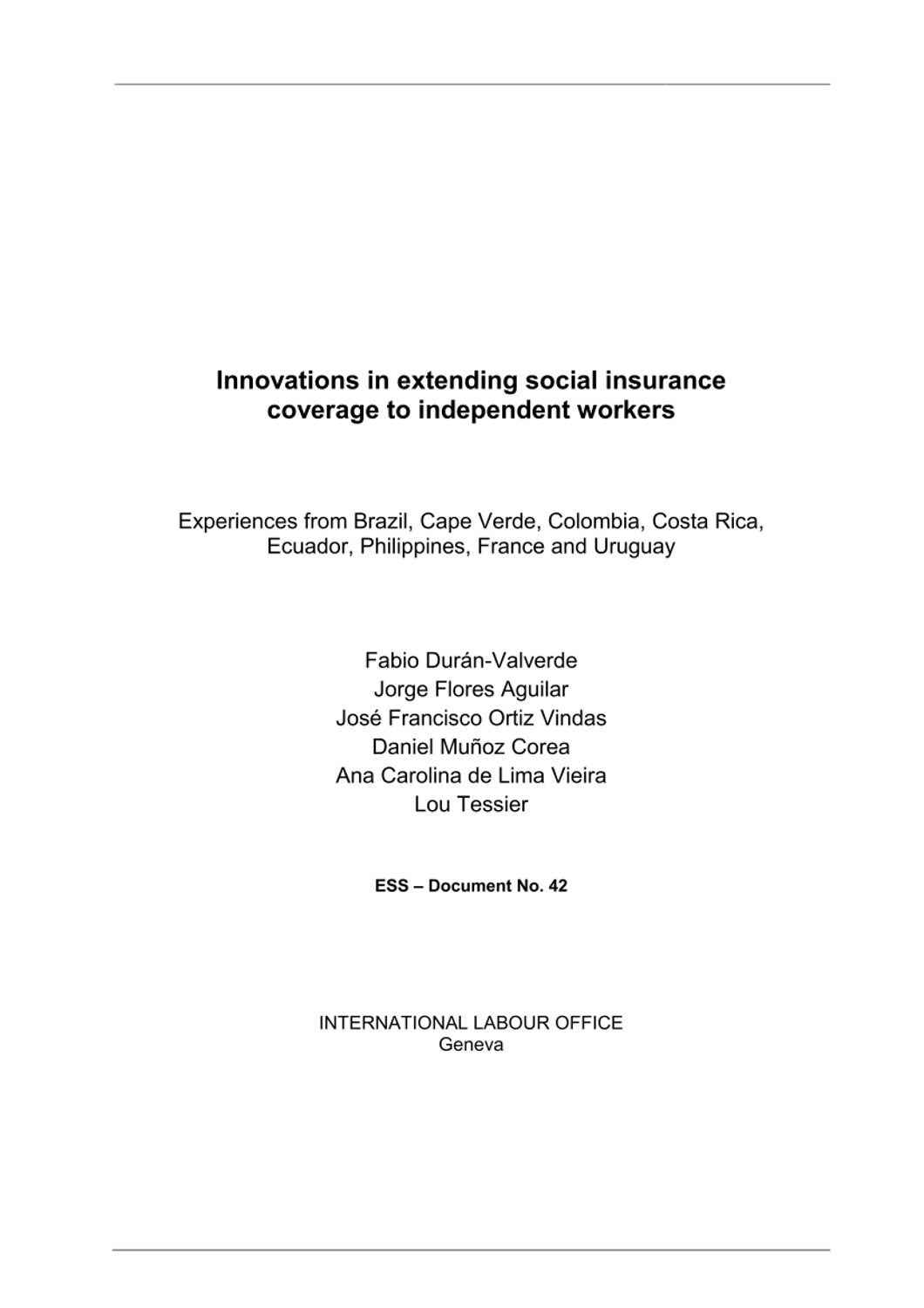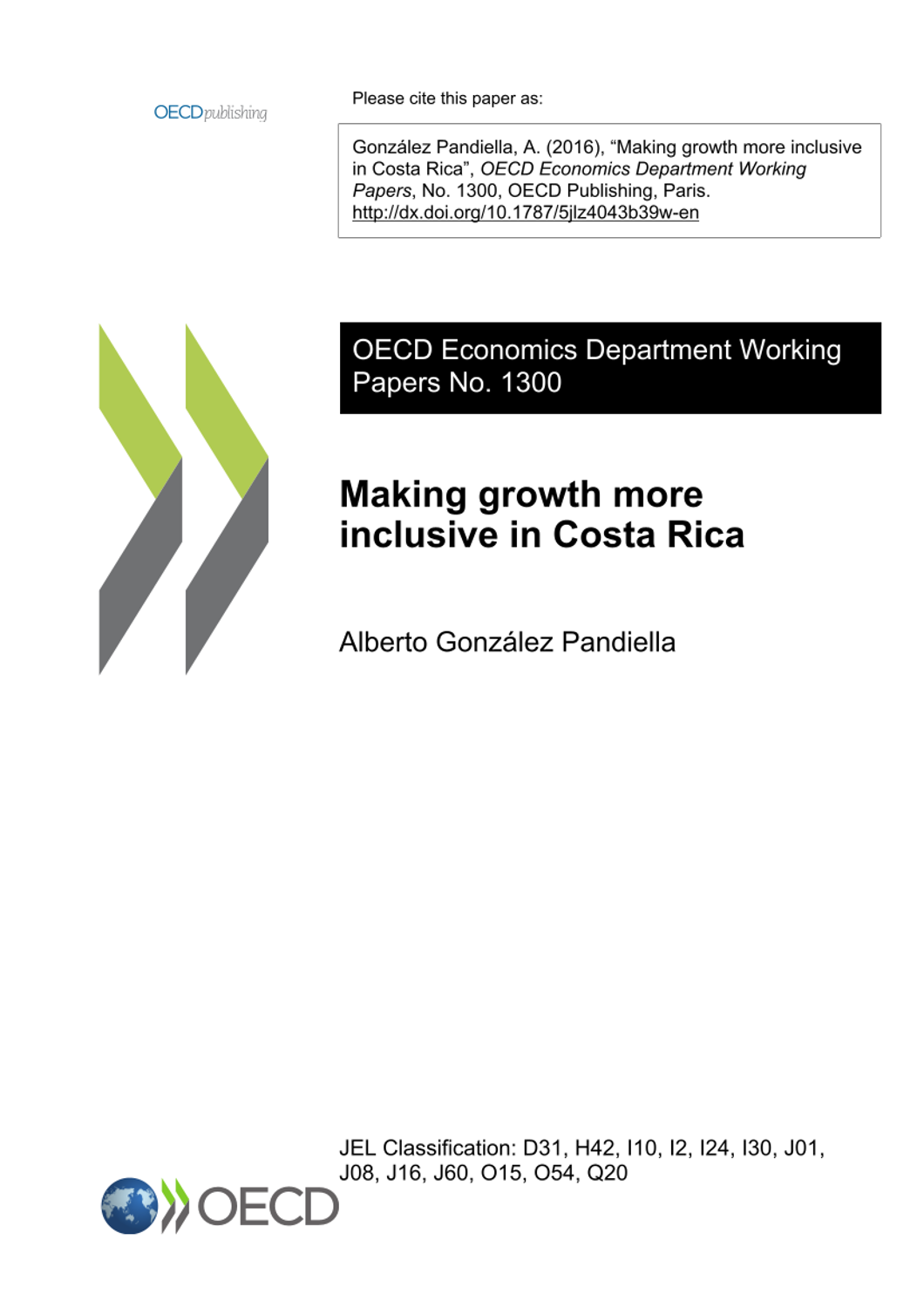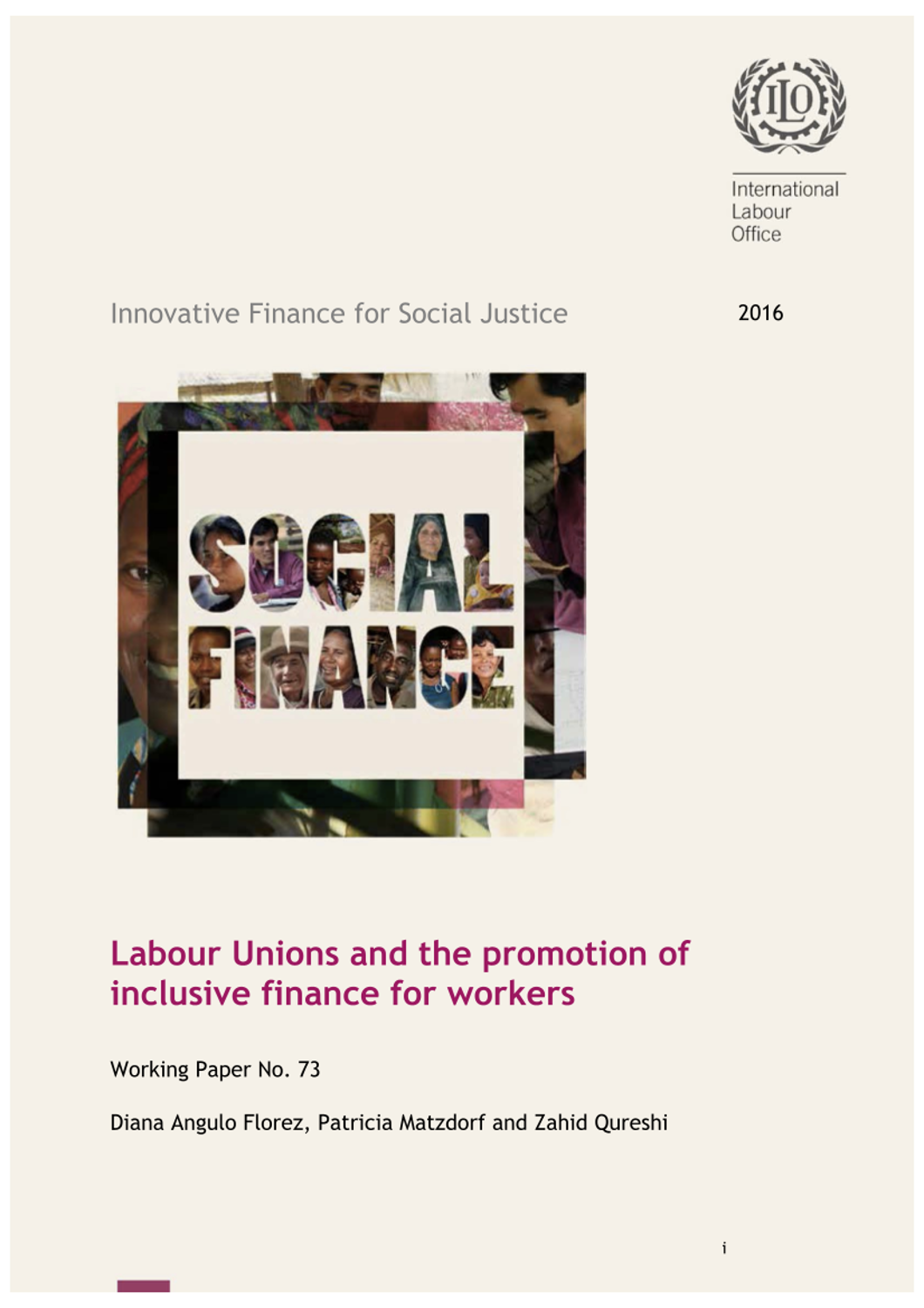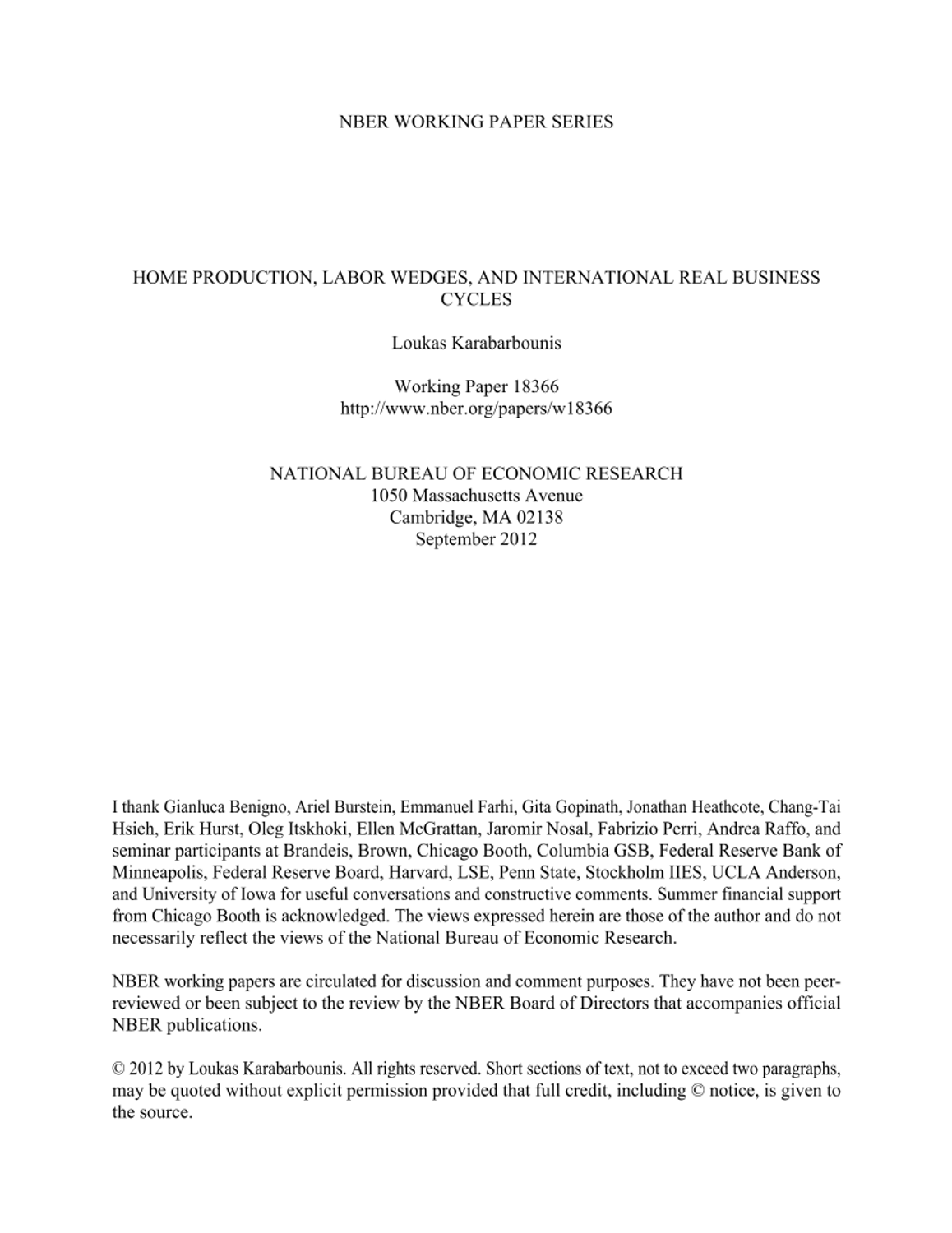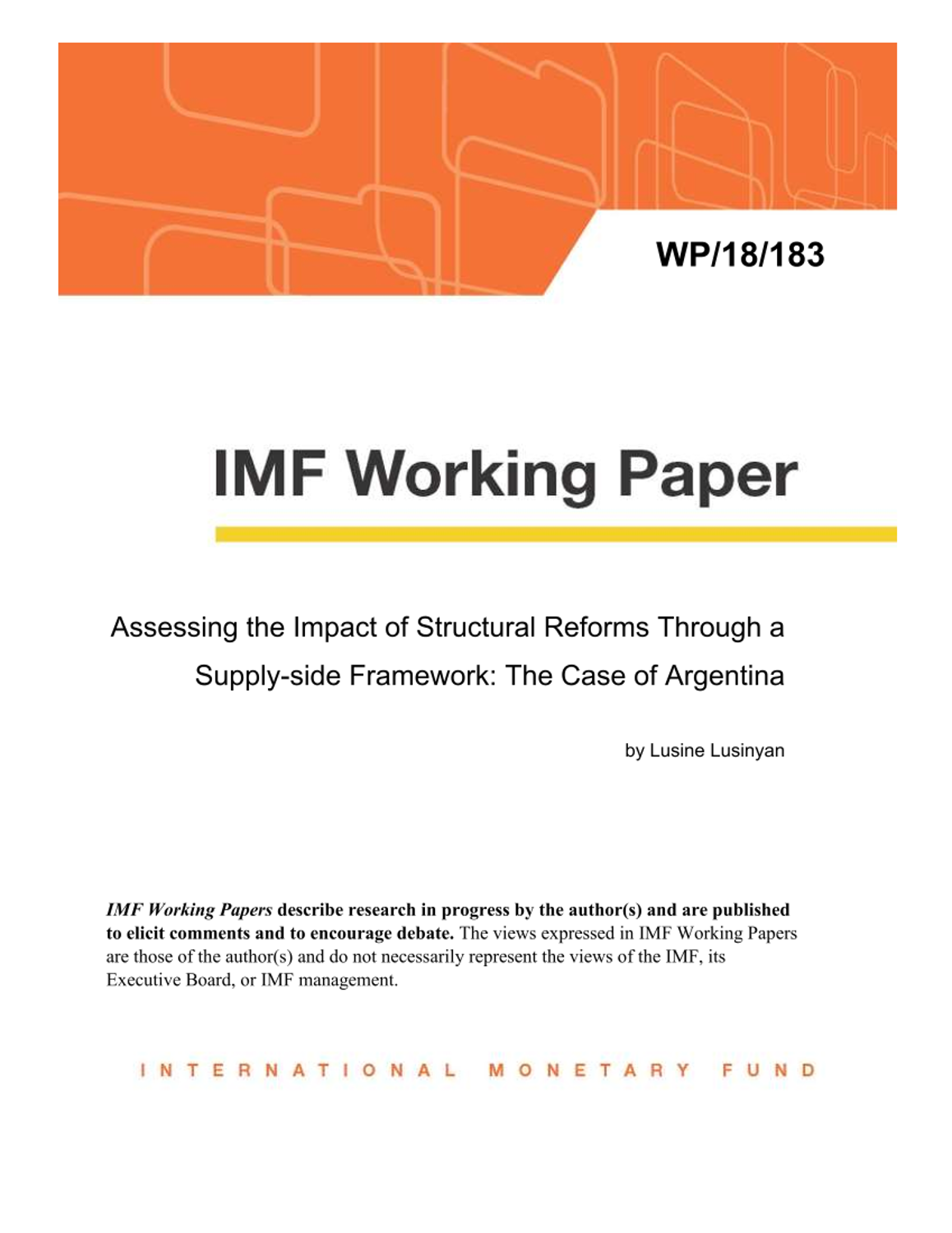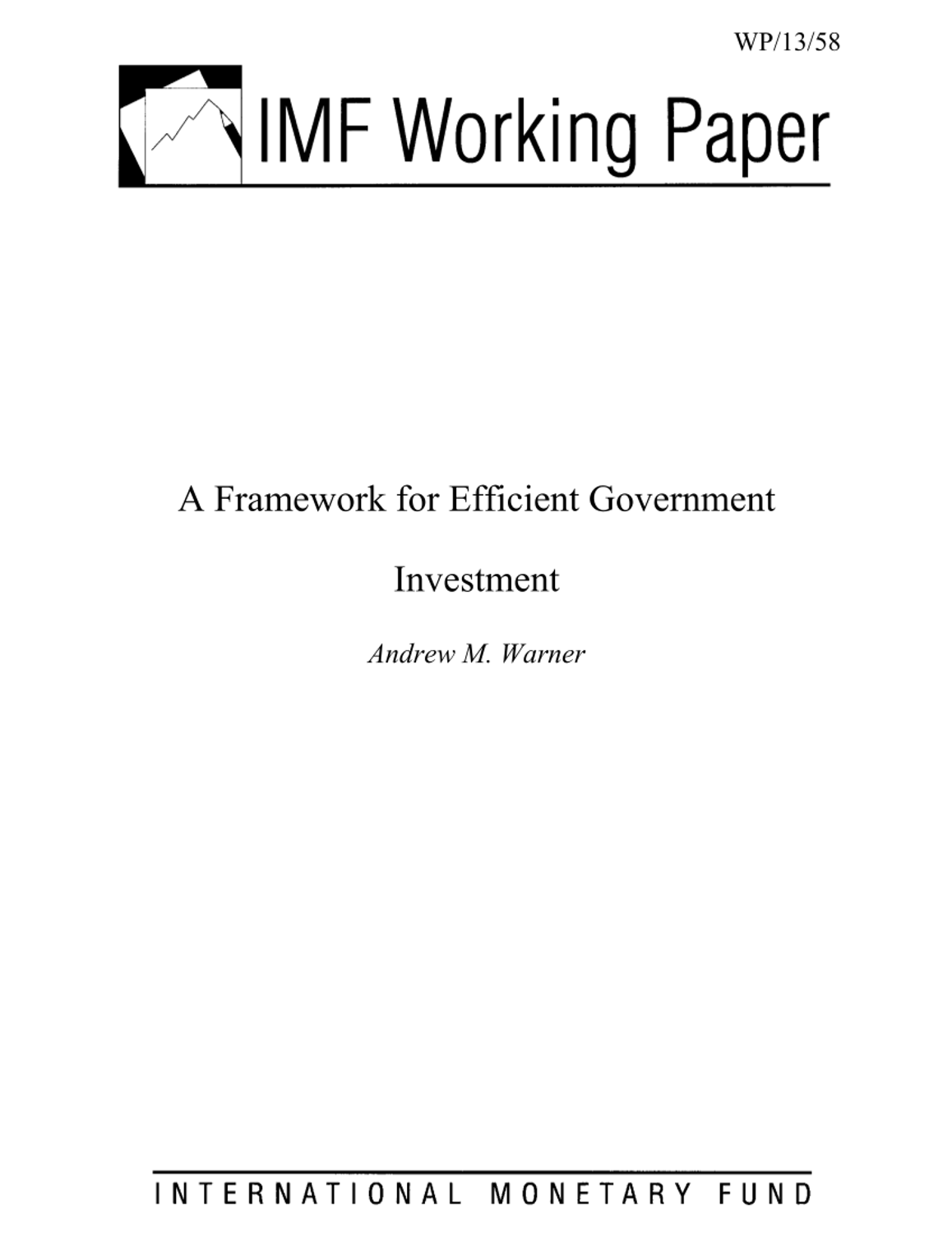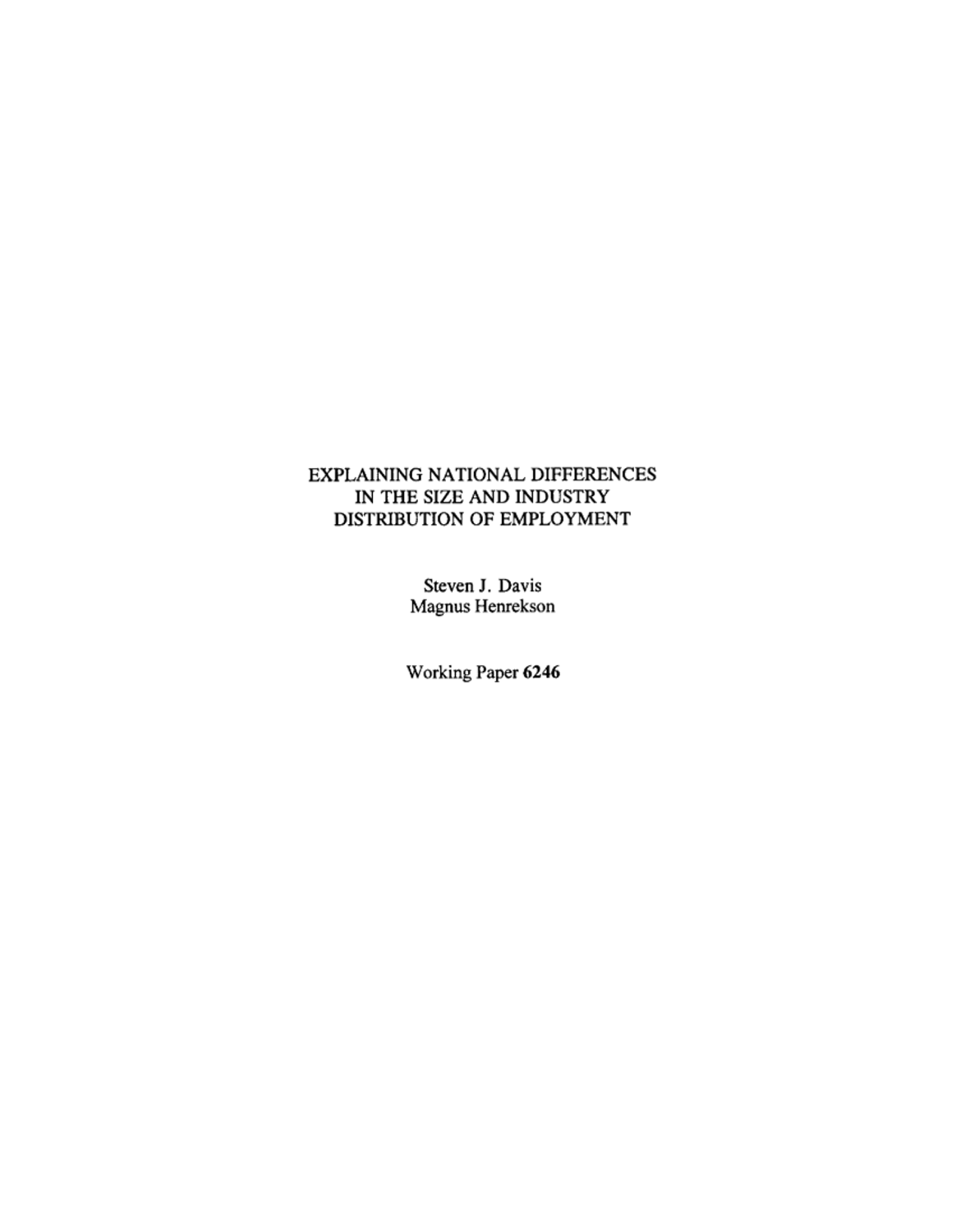연구보고서OECD Economics Department Working Papers 1377
Deconstructing income inequality in Costa Rica: an income source decomposition approach
- 청구기호
- WP 1377
- 발행사항
- Paris : OECD Publishing, 2017
- 형태사항
- 32 p. :. PDF file ;. 1,518 KB
- 키워드
- Costa Rica, Income inequality, Gini coefficient, Income source decomposition, Wages, Skills premium
- 바로가기
소장정보
| 위치 | 등록번호 | 청구기호 / 출력 | 상태 | 반납예정일 |
|---|---|---|---|---|
이용 가능 (1) | ||||
| E0002500 | 대출가능 | - | ||
이용 가능 (1)
- 등록번호
- E0002500
- 상태/반납예정일
- 대출가능
- -
- 위치/청구기호(출력)
책 소개
Despite an improvement in overall macroeconomic performance in Costa Rica, income inequality has risen and is currently at its maximum historical value. This is in stark contrast with other Latin American countries, which have recently made significant progress in reducing inequality. This study analyses the drivers of inequality in Costa Rica by decomposing the Gini coefficient by income source, finding that the main contributor to inequality in Costa Rica is labour income. In the period 2010-2014, public sector wages made the largest contribution to inequality, in particular wages of qualified workers. Within the public sector, wages of those working in public agencies outside central government contributed the most. Inequality has also been driven by a large and increasing skills premium in the private sector. Workers holding a tertiary degree earn, on average, nearly four times as much as those with only primary education. Social programmes, such as non-contributory pensions, do contribute to reduce inequality but their impact is limited given its small share in households’ total income. The analysis also quantifies the marginal effect on inequality of the different income sources, finding that an increase in wages of low qualified workers in the private sector would have the largest marginal impact to reduce inequality. Conversely, increases in wages of qualified workers in public and private sector would result in the highest increases in inequality.

